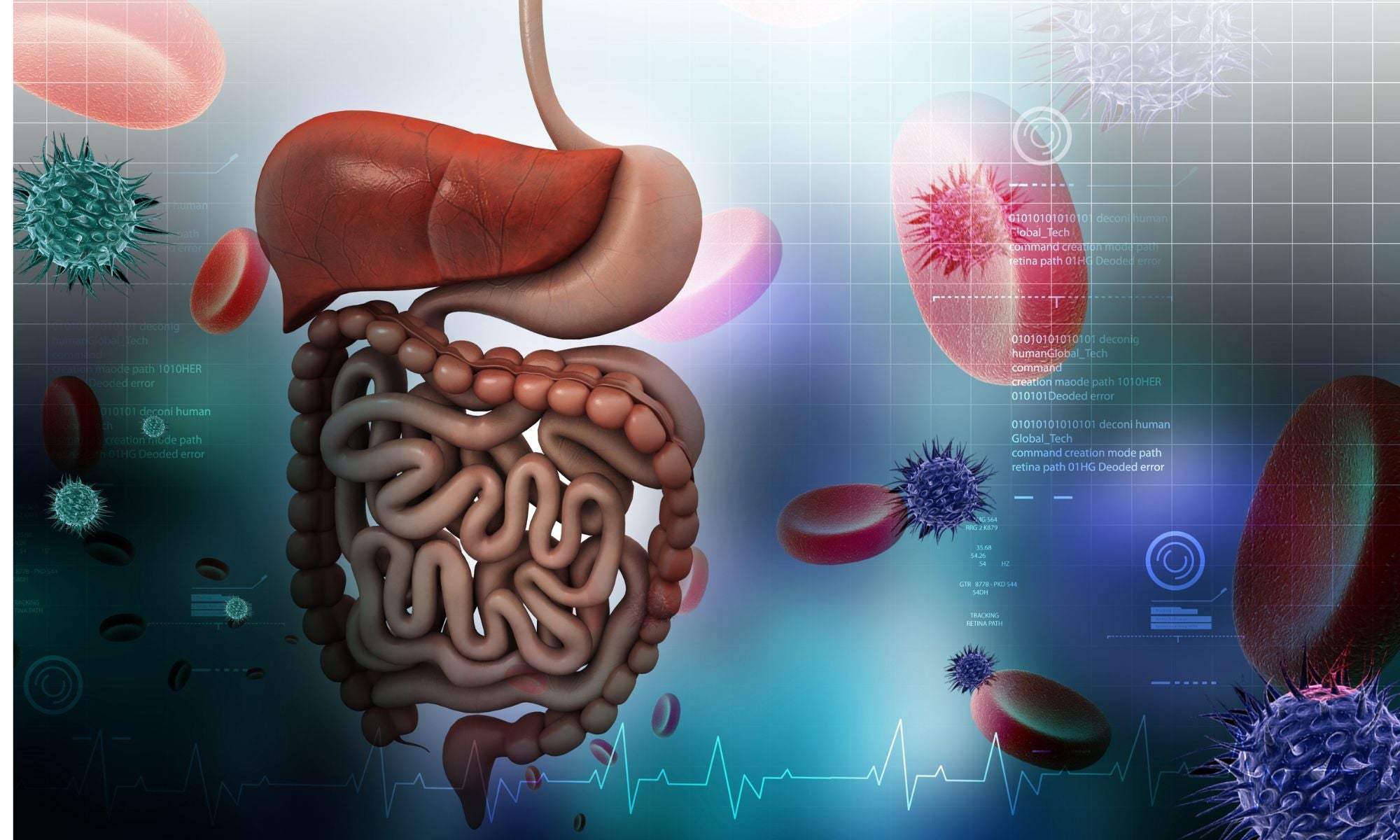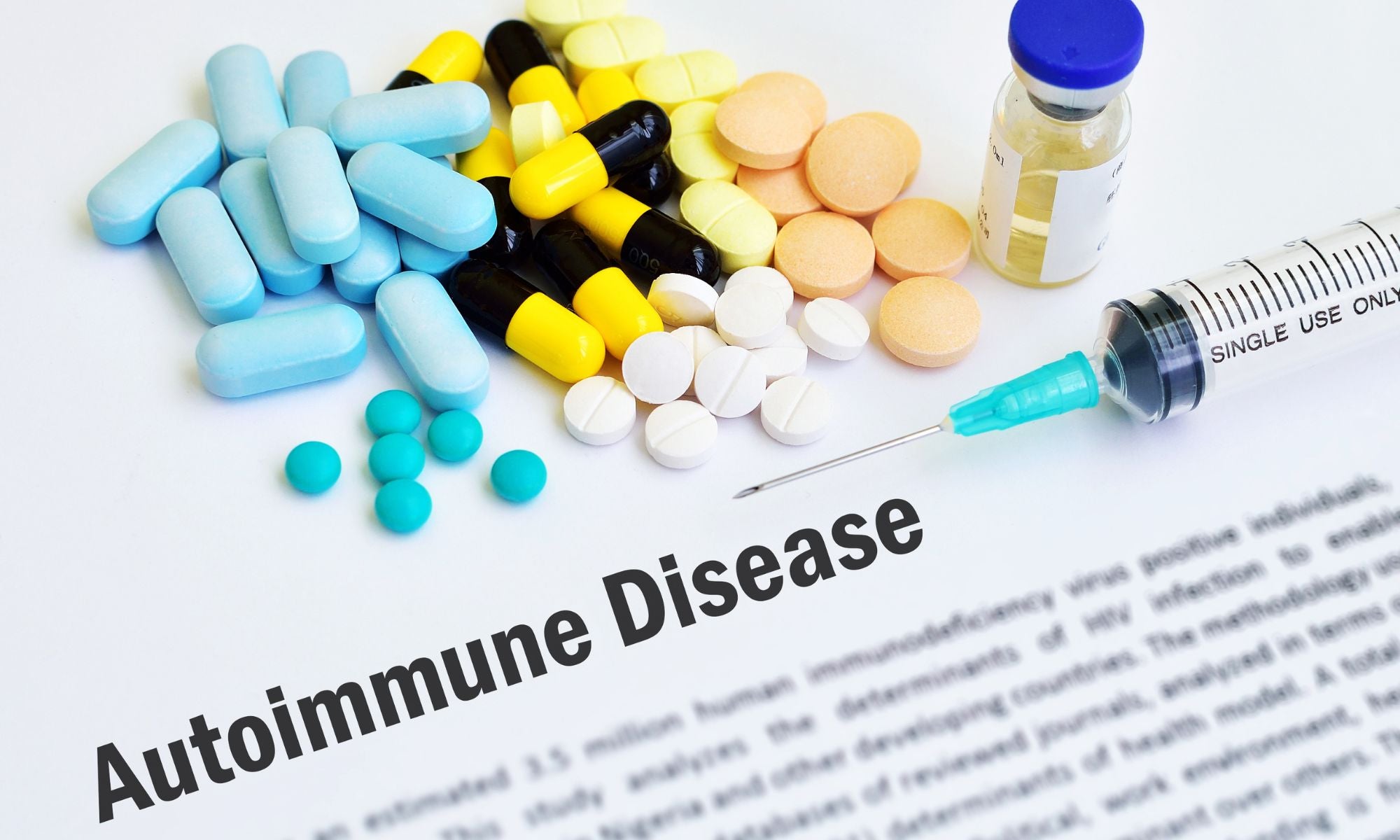
Poop Talk: What It Says About Your Health
Introduction
Most people don't think about what their poop is like until something changes. But once you start paying attention to your bowel movements, it can be eye-opening and helpful for understanding your health. Most of us think of our intestines in how they process food and eliminate waste, but they're much more than that. The colon (or large intestine) serves as our body's safety net by trapping harmful toxins and bacteria that could damage the bloodstream or cause other problems if allowed to enter the general circulation. These toxins are ultimately removed from the body when stool passes through the rectum during defecation (i.e., pooping).
The size of your poop
The size of your poop is a good indicator of your health. If you're having trouble with constipation or diarrhea, you may be experiencing some digestive issues.. If your feces are smaller than usual, it could mean you're malnourished or dehydrated. And if they're significantly larger than usual, it could indicate that you've eaten something that doesn't agree with your body.
Your fecal matter is also an excellent way to determine how much fiber you eat. If you've been having issues with bowel movements, check out what kind of fiber is in the foods you're eating—that can help insight into whether or not those foods are helping or hurting your digestion process.

The color of your poop
Your poop usually has a brownish tone, which is the average color. (Most people anticipate it.) A doctor's trip may be required immediately if you notice anything dark or bloody in the toilet bowl. This could indicate that something bad is going on with your body. What about green excrement? Green stools can also indicate an infection or illness, but unlike the other colors on this list, they aren't necessarily a bad sign for everyone. Some people perceive them as normal when they consume particular foods, such as leafy greens or vegetables with high chlorophyll content (e.g., broccoli).
If you frequently have yellowish-white stools but generally feel well and don't experience any further symptoms (like nausea) in addition to their appearance, there may be nothing wrong! However, if these symptoms last for a while without significantly improving, consider changing your lifestyle by consuming fewer dairy products, which can lead to constipation.
The consistency of your poop
As you might have guessed, the consistency of your poop is a pretty good indicator of your health. For example, if it's hard to pass and feels like it's going to take forever to come out, this could be a sign that there's something wrong with your gastrointestinal tract.
But what does "hard" mean exactly? In general terms, it means that your stool takes longer than normal to move through the colon and into the rectum, where it can be expelled from the body (i.e., pooped). People may describe passing stools as difficult or painful because it feels like there isn't enough liquid in them to allow them to slide out smoothly and without discomfort. If this happens regularly over a prolonged period (weeks/months), this may indicate an underlying digestive system problem such as IBS (irritable bowel syndrome).).).
The smell of your poop
The smell of your poop is an important indicator of what's happening inside your body because each type of food you eat leaves a different mark on the way out. If you eat more fiber, it'll be easier to pass and less smelly. If you eat more meat, it will smell worse and take longer to pass. And if you eat foods high in protein, they'll be more difficult to digest—and, therefore, will leave behind a stinkier result.
Blood in the stool is not normal and can signify something serious.
Blood in your poop can signify several health issues, including hemorrhoids, anal fissures, and diverticulitis.
Symptoms of hemorrhoids include itching, bruising, bleeding, and irritation in the anus and lower rectum. They're usually caused by straining during bowel movements or pregnancy.
Anal fissures occur when your skin around your anus tears, usually due to constipation or diarrhea. You might also experience itching and burning when you have an anal fissure.
Diverticulitis occurs when little pouches in your colon are inflamed and filled with pus. The pouches may be visible on an X-ray or CT scan, but often it's difficult to tell whether you have them without testing.
You should watch out for changes in your bowel movements.
There's a lot more to your bowel movements than you might realize. Changes in your bowel movements could signify that something serious is going on with your body, so it's essential to keep an eye out for any changes.
If you notice blood in your stool, you need to see a doctor immediately. Blood in the stool can signify many problems, such as hemorrhoids, ulcerative colitis, or even colon cancer. So if you notice blood in your stool, see a doctor immediately!












